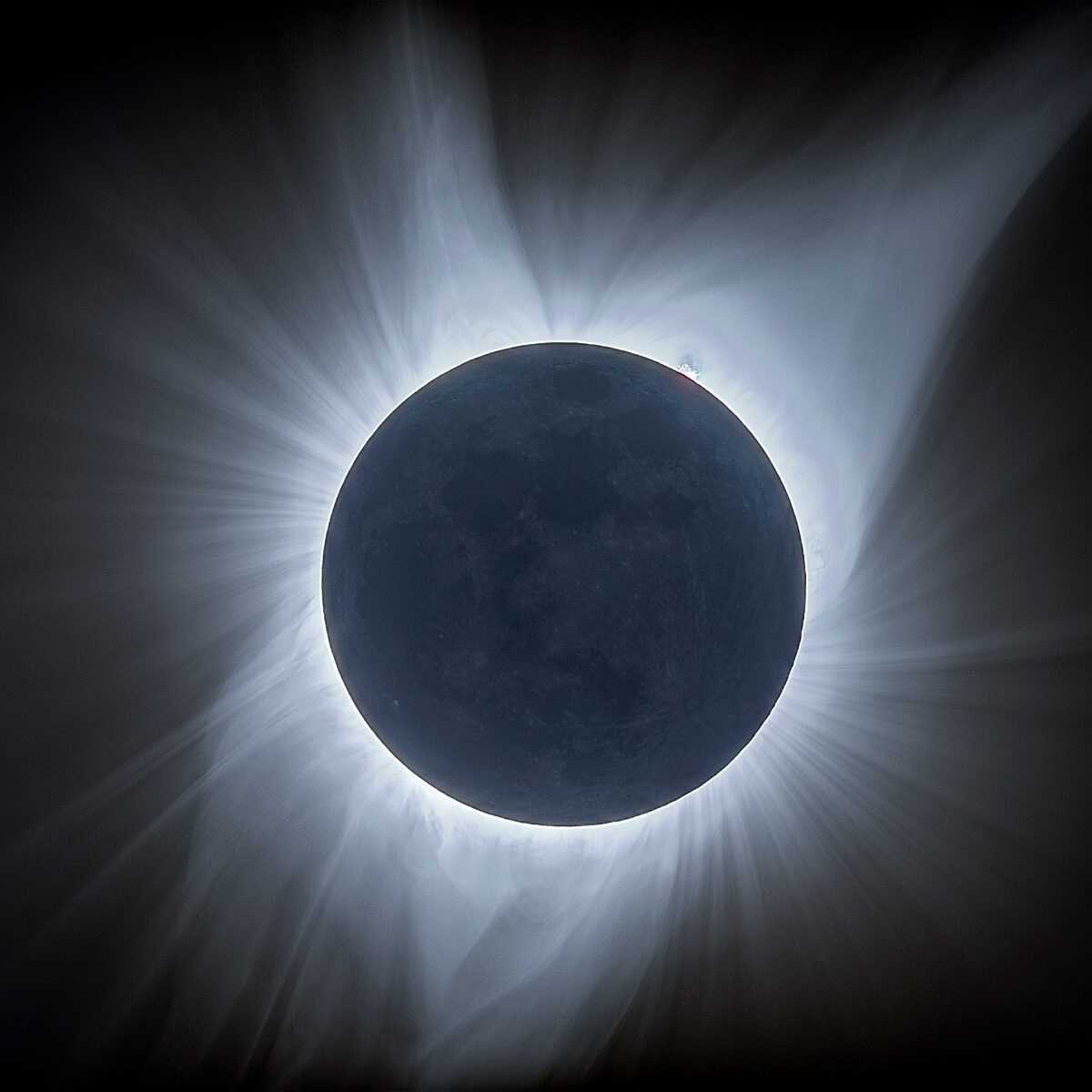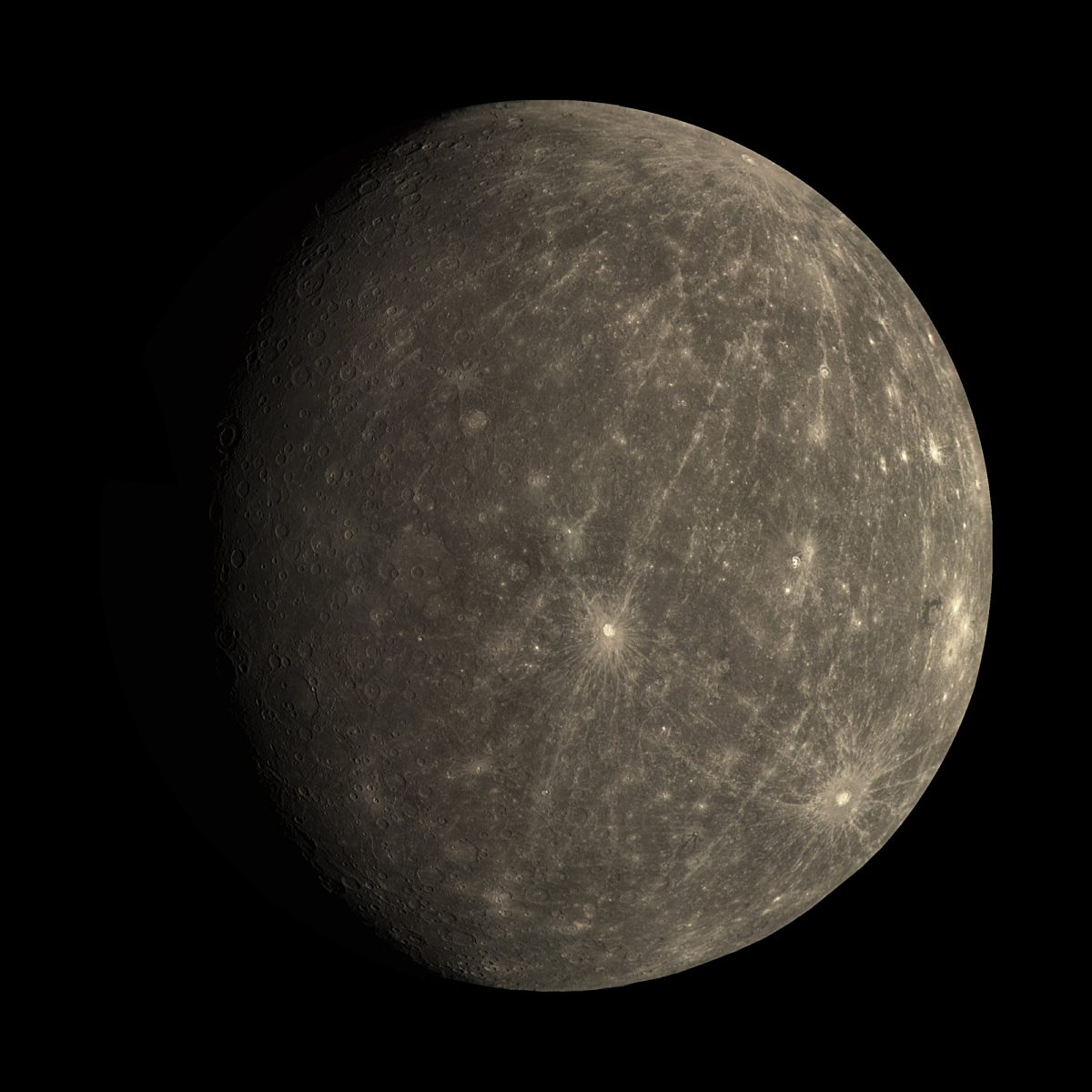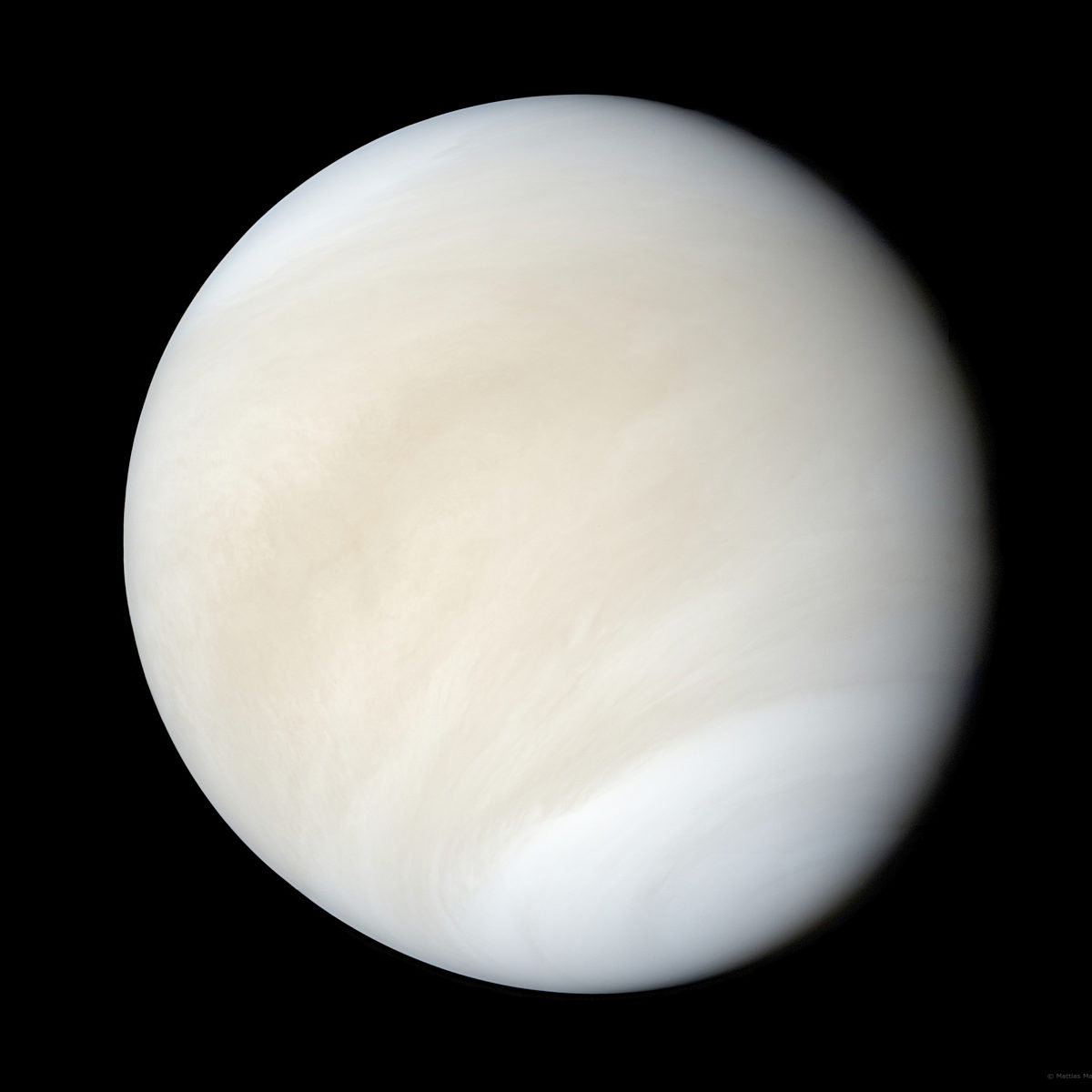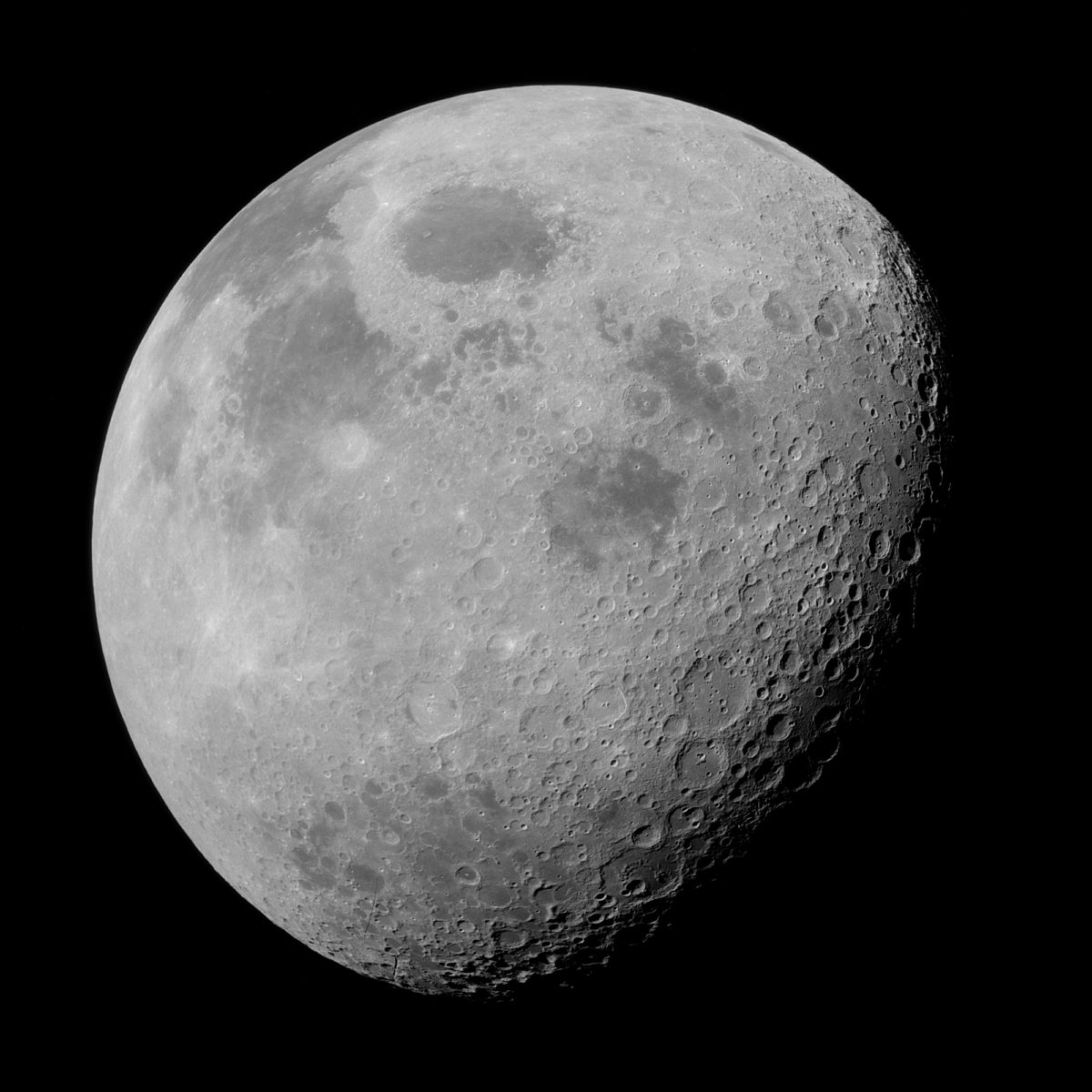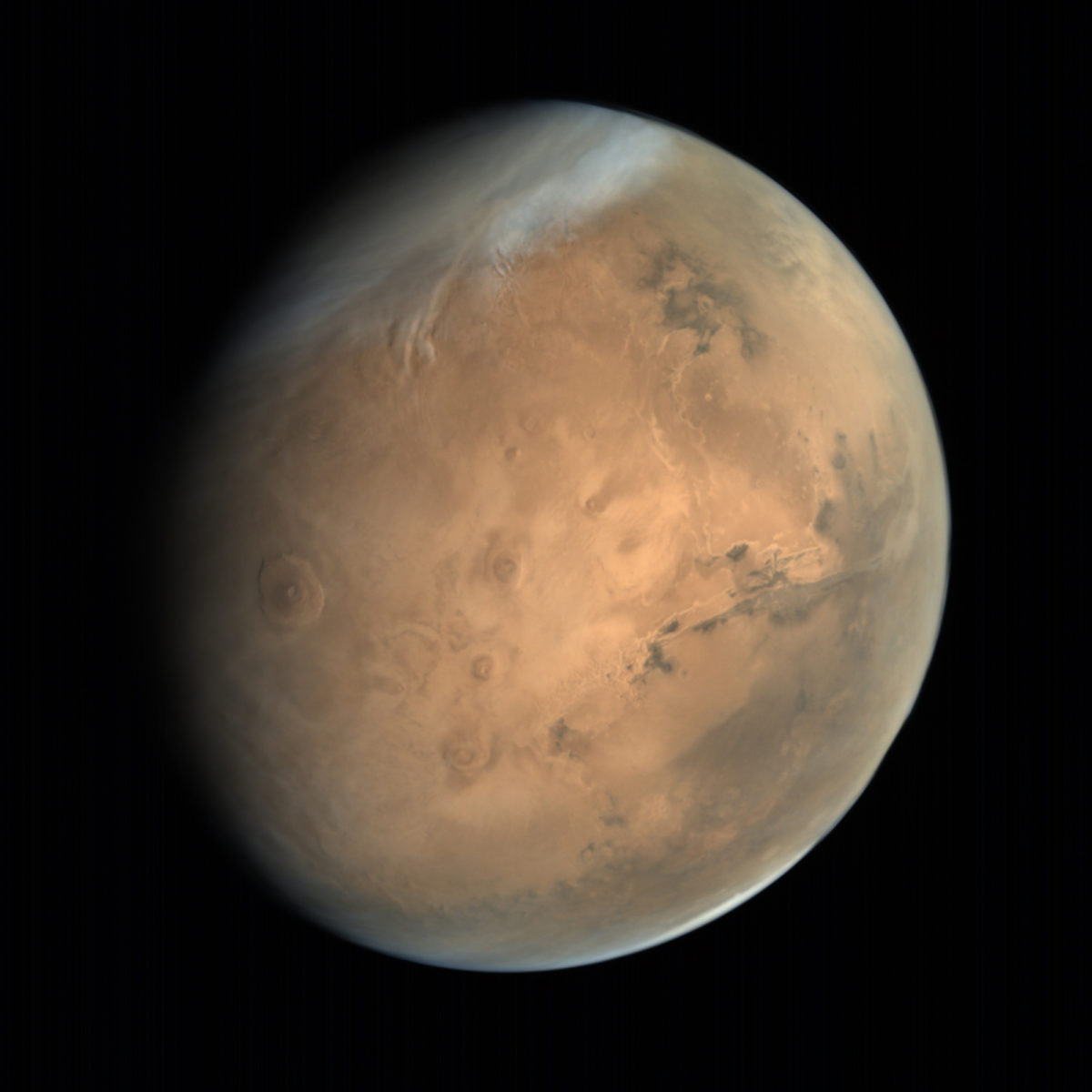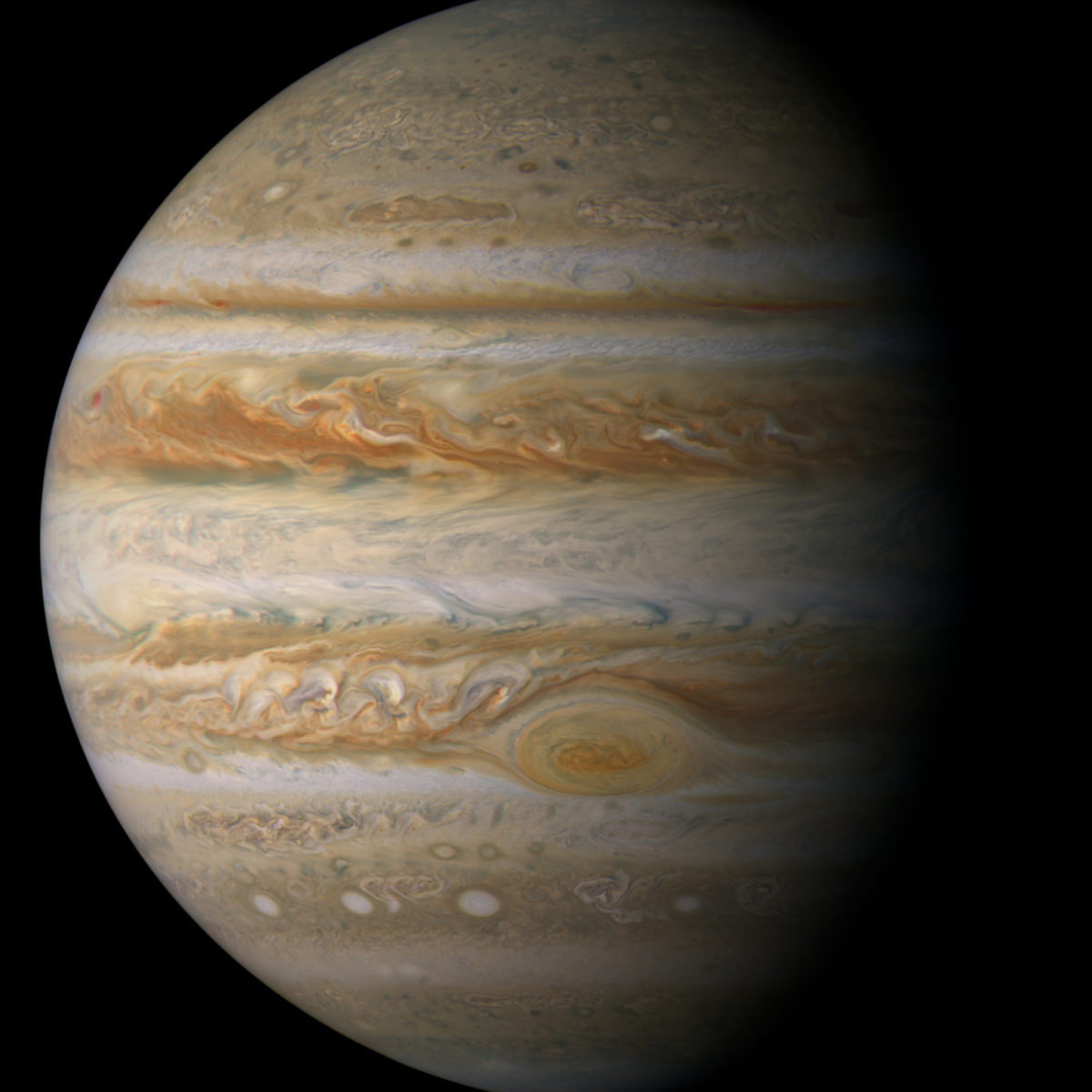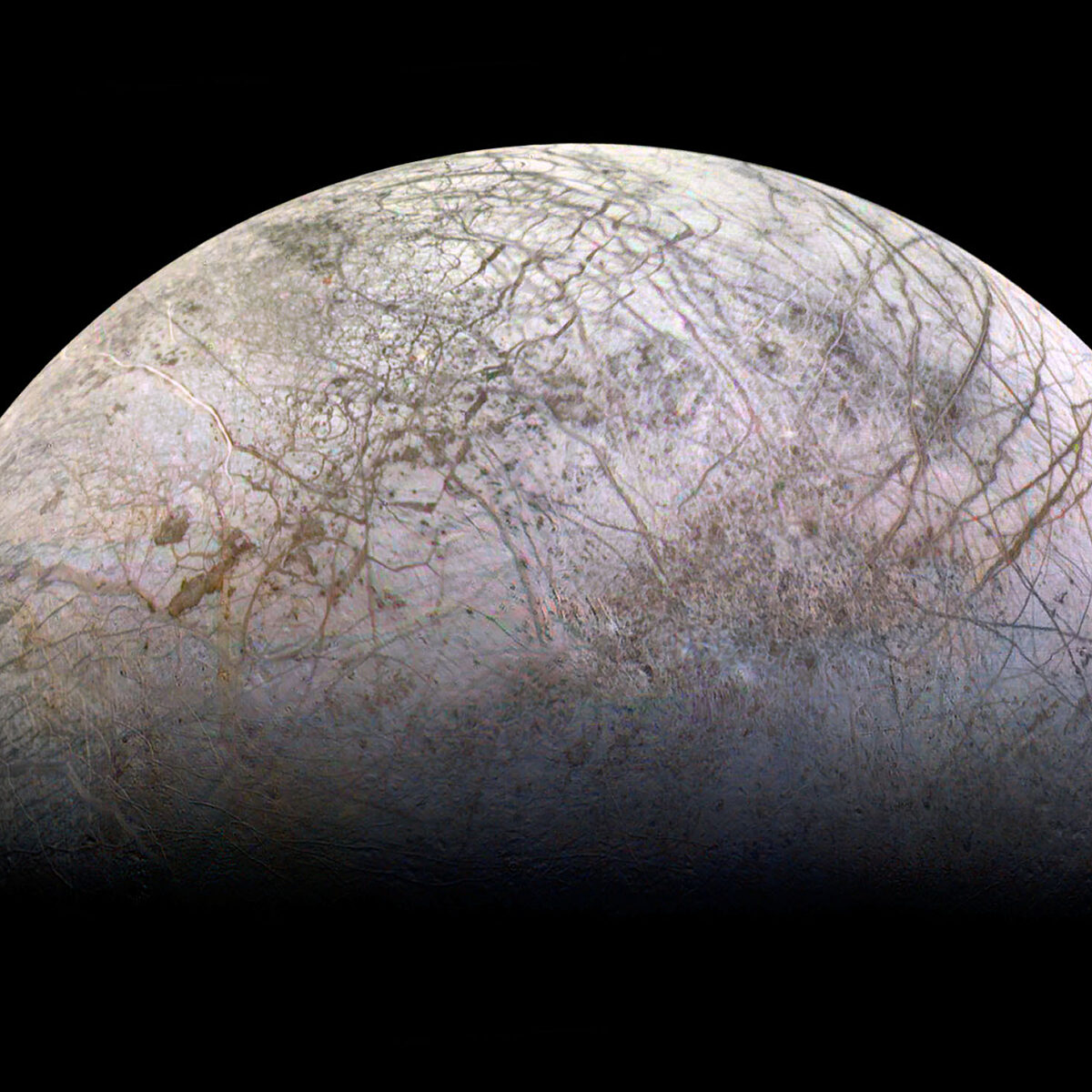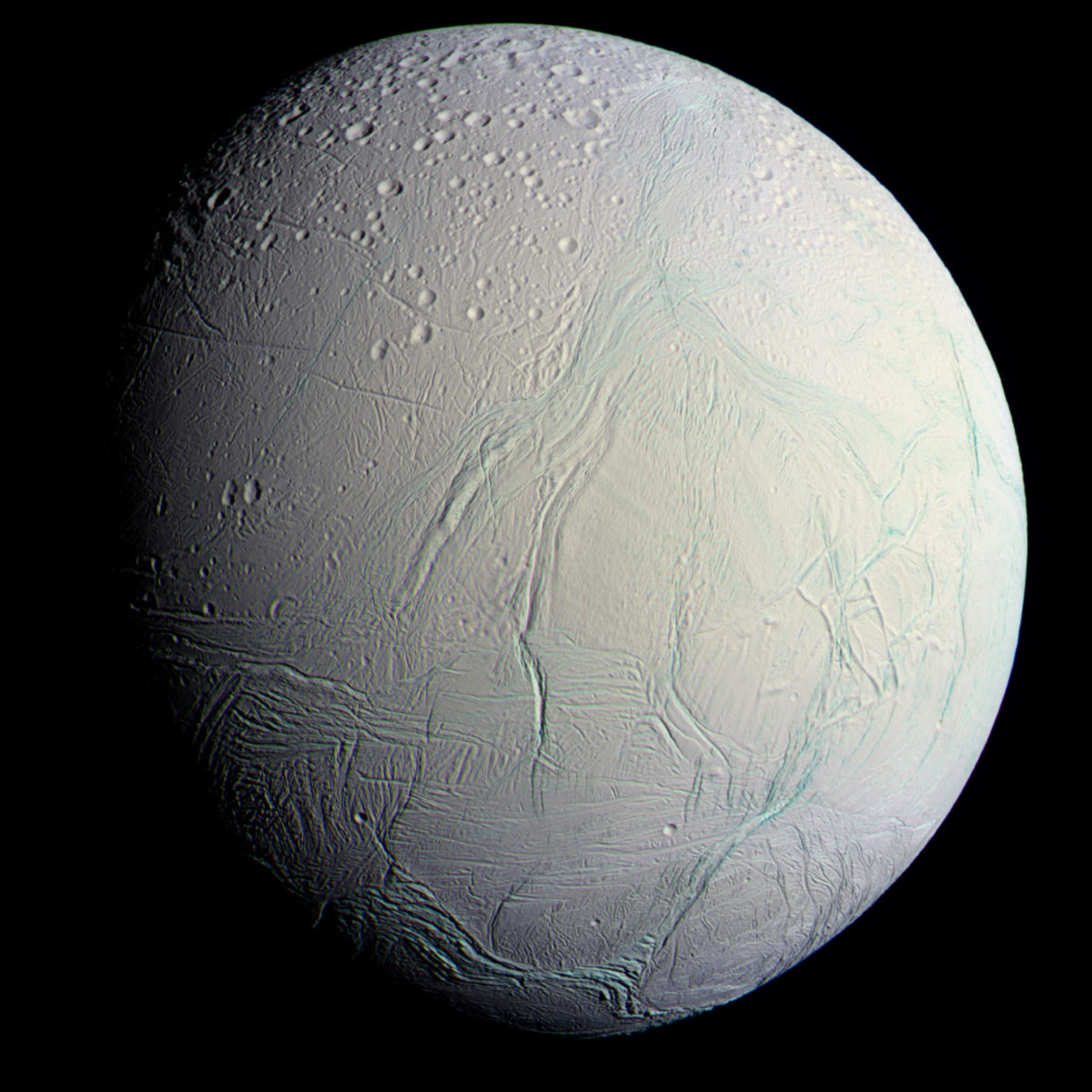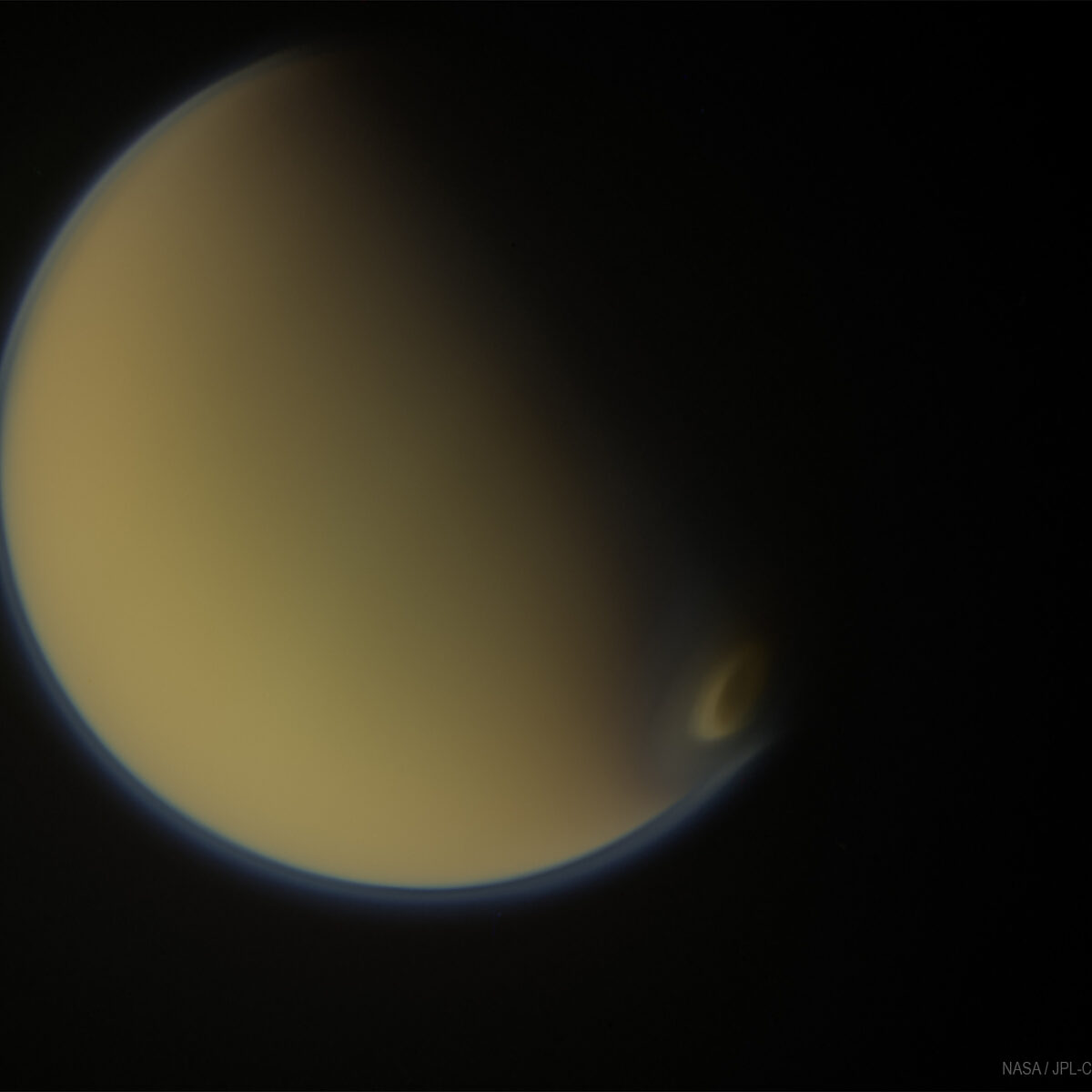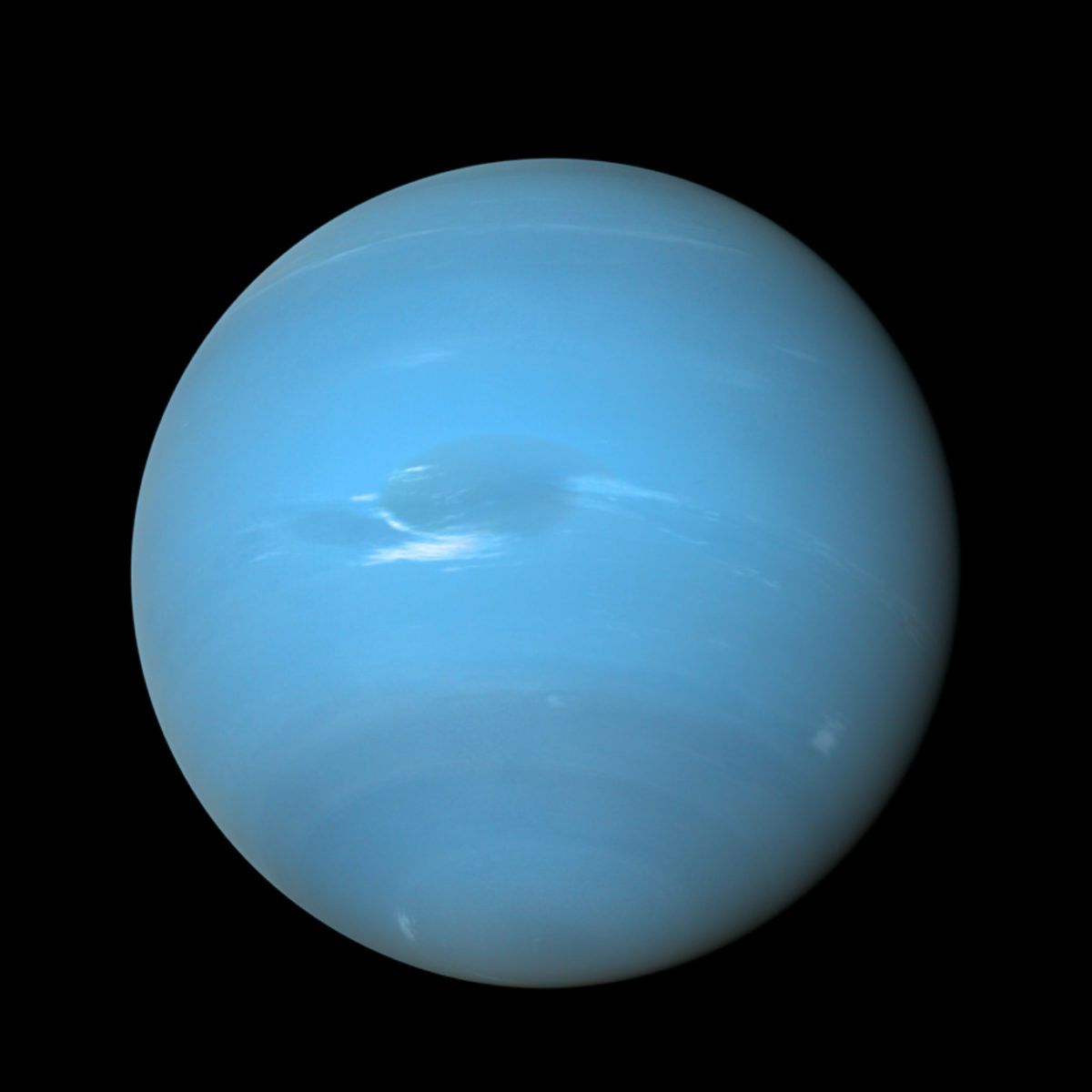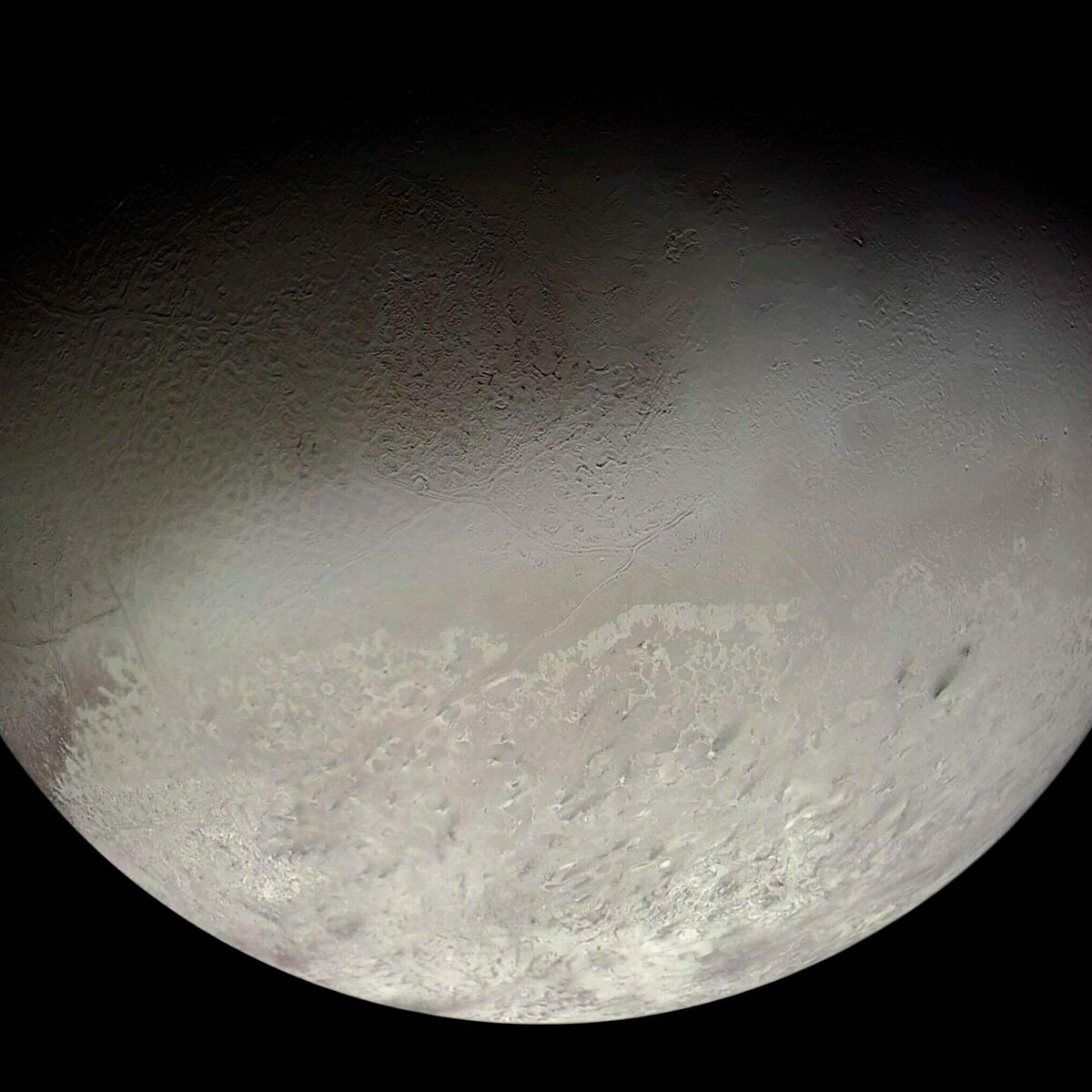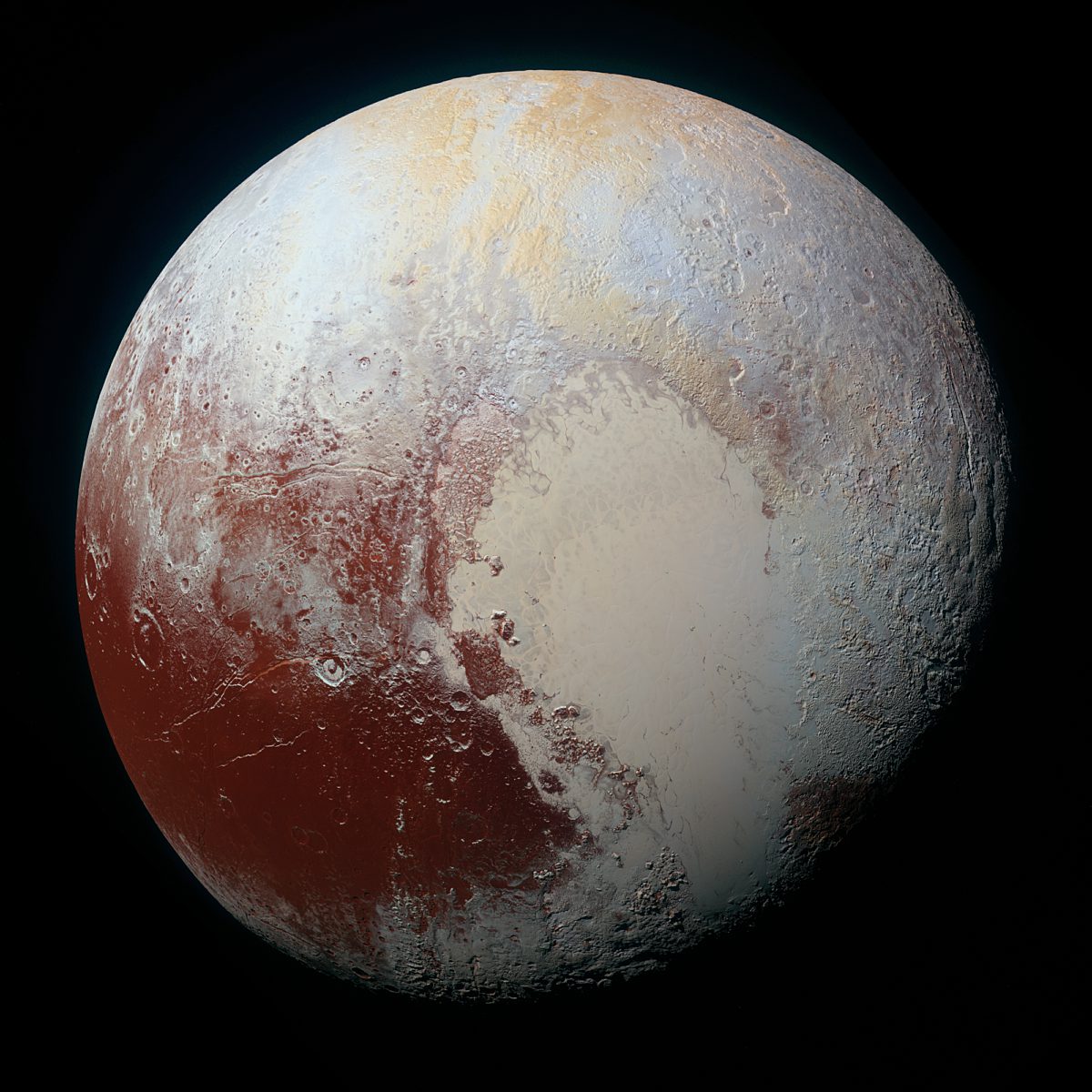Where did we come from? Are we alone in the Universe? We can only answer these questions by exploring the planets and other worlds of our Solar System and beyond. Learn why these worlds are so important, and how you can get involved.
The Sun, our Solar System’s star
We study the Sun to learn about how stars work, and to help protect our civilization from solar storms.
Mercury, world of extremes
Mercury a little-explored world, full of mystery, with a surface split into extremes and an interior that puzzles scientists.
Venus, Earth's twin sister
Venus hosts brutal conditions today, but the planet may have once been more hospitable to life.
Earth, our home planet
Earth, the only planet known to support life, offers liquid water, an oxygen-rich atmosphere, and protection from the Sun’s harmful radiation.
The Moon, gateway for science and exploration
The Moon is the only world besides Earth ever walked on by humans. By studying it, scientists can learn about Earth’s past and better understand worlds throughout the galaxy.
Mars, the red planet
Mars once had liquid water on the surface and could have supported life. Scientists are uncovering how it transformed into the cold, dry desert-world it is today.
Asteroids, comets, and other small worlds
Asteroids and comets are windows into the Solar System's past and a potential threat to Earth today.
Jupiter, the planet with a planetary system of its own
Jupiter, our largest planet, teaches us how planetary systems evolve. Its four planet-like moons make it a planetary system of its own.
Io, Jupiter’s chaotic volcano moon
Io, one of Jupiter's four Galilean moons, is known for its explosivity.
Europa, Jupiter’s possible watery moon
Europa is the sixth-largest moon in the solar system and Jupiter’s fourth-largest satellite.
Saturn, planet of rings, moons and more to explore
Saturn is the crown jewel of our solar system. It has a stunning set of rings, diverse moons, and so much more to explore.
Enceladus, Saturn’s moon with a hidden ocean
With its subsurface ocean and so-called "tiger stripes," Enceladus is one of Saturn's most fascinating moons.
Titan, a moon with familiar vistas
Saturn's largest moon, Titan, is both the only other place in the Solar System with liquid on its surface and the only moon with a thick atmosphere, making it a tantalizing destination to search for life.
Uranus, the sideways planet
Uranus may be the butt of all planet jokes, but there's much more to this world than potty humor.
Neptune, planet of wind and ice
Neptune, our outermost planet, is a windy blue world with exotic ice, raging storms, rings, and a moon that could have a subsurface ocean.
Triton, Neptune's largest moon
Triton is likely a captured Kuiper Belt Object and possibly an ocean world.
Pluto, the Kuiper Belt’s most famous dwarf planet
Pluto is a dwarf planet and the largest of the Kuiper Belt objects (KBOs) — a collection of ice-rock bodies found outside Neptune’s orbit.
Exoplanets, worlds beyond the Solar System
Some exoplanets could be habitable and are prime targets in the search for life beyond Earth.
A Pale Blue Dot
Look again at that dot. That's here. That's home. That's us.
What is a Planet?
It's right there in our name: The Planetary Society. But what is a planet? This seemingly simple question is the subject of much debate.
Learn MoreLatest Articles
Spirit moved!
Hallelujah! For the first time in almost an Earth year, amateur mars mapper Eduardo Tesheiner is able to scratch a tiny little line on his map of the Mars Exploration Rover Spirit's peregrinations across Gusev Crater.
I am totally hooked on Scott Maxwell's new Mars Exploration Rover blog
Scott Maxwell is one of those many guys (and gals) at the Jet Propulsion Laboratory who rarely gets his name in the news but who is absolutely indispensable to the success of a space mission. I don't know what his official title is, but whatever it is, it's not as good as the colloquial name given to his position: Rover Driver.
The Antarctic search for meteorites: not for the impatient
The team makes progress while facing extreme weather conditions.
Five Years of Spirit on Mars
On January 3, 2004, the Mars Exploration Rover Spirit landed on Mars, and I was with the science team at JPL when it happened! I can't believe it's been five years since the successful landing.


 Explore Worlds
Explore Worlds Find Life
Find Life Defend Earth
Defend Earth


